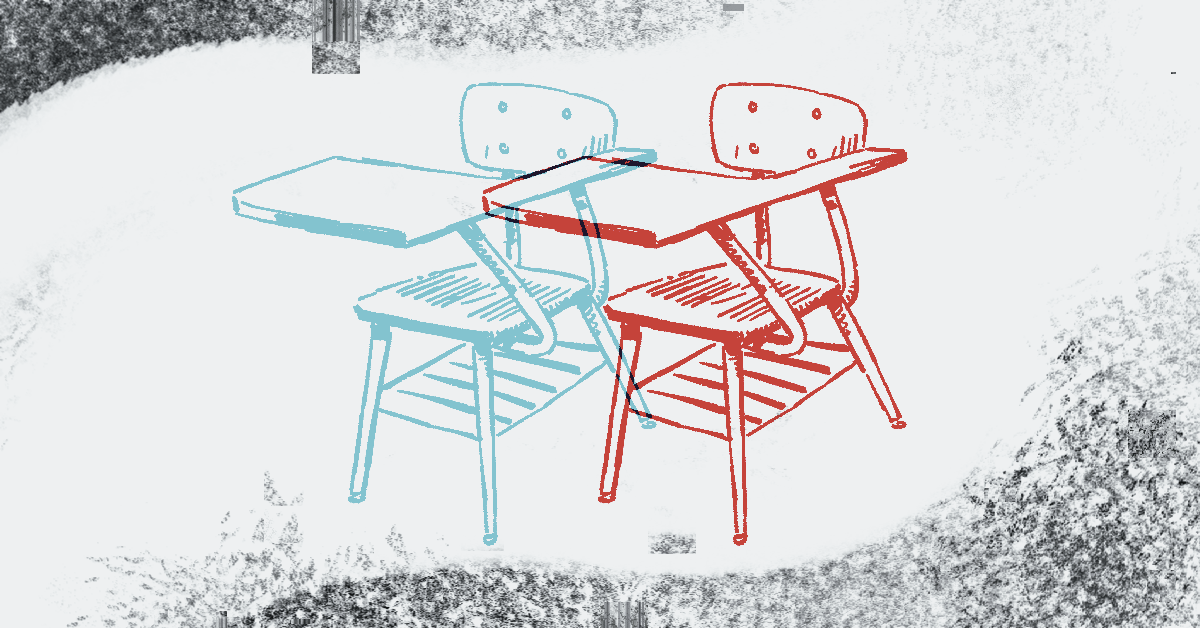On Oct. 19, Annette Trimbee, the president and vice-chancellor of MacEwan University addressed the importance of place in MacEwan’s future. During the address, Trimbee was asked about how MacEwan plans to deal with increased space constraints on campus in light of growing enrollment rates. She said the university will be using hybrid classes until the completion of the new business building behind SAMU.
“Part of what we are going to do to actually meet the needs of our students, and from talking to our students, part of this is using hybrid to extend the use of our space,” said Trimbee. Trimbee’s statement refers to MacEwan’s official solution in regards to the lack of space on campus and what it will offer new students: hybrid classes. MacEwan will be using fixed hybrid scheduling, a new way to schedule classes in which two courses will be slotted in the same time slot and in the same space.
“Part of what we are going to do to actually meet the needs of our students, and from talking to our students, part of this is using hybrid to extend the use of our space.”
Annette Trimbee, MacEwan’s president and vice-chancellor
Melike Schalomon, the dean of the arts and science faculty, says that she has already implemented this type of scheduling within the arts and sciences faculty this past academic year. “So, what this means is that it is fixed on which days it will be in-person with that particular course. And basically, we can double the number of classes that can use that particular classroom . . . you still have up to 50 per cent of the course in-person. You can have interactions with the instructor, you can have class discussions, you can have assessments where the faculty member is there so, if you have questions [and] you’re not online, you can ask. And at the same time, it will help maximize space utilization,” Schalomon says.
Shalomon also acts as the vice-provost, and has already discussed the change with the other faculty deans and the University Registrar office. She says, “all of them are going to be looking at the option for the next [academic] year.”
In regards to fixed hybrid scheduling, Schalomon says that it provides flexibility for students who have work and family obligations, or who don’t live close to campus, but also protects the quality of their educational experience. Students now have the option to trade in their two-hour commute for more time to work, take care of their kids, or simply get an extra 10 minutes of sleep.
“Tuition is not going to be contingent on whether a course is taught in-person, online, or hybrid.”
Dean of the faculty of arts and science
Communications student Adrian Ting enjoyed the online hybrid atmosphere, but worries about the fixed hybrid scheduling. ”If I have class on Tuesday online, and then I have another class in-person, it’s like I’m coming to school regardless, so that’s kind of dumb,” says Ting. “So, instead of having a whole day at home, I would have to come to school for one class and then another day I would come to school for another class.
Zoltan Mccronelehoczki, a music student, says that online classes don’t work for students who are in performance-based classes, such as music or acting. “You can’t do a music class online, anything that’s performance based, it doesn’t work online,” he says.
“So, if I had to do an online class, like full-time, like [only] three of my seven classes would be able to do it. Any of them that require actually playing, it wouldn’t actually work,” he says.
Students will not pay less for hybrid classes in their tuition. Schalomon says, “tuition is not going to be contingent on whether a course is taught in-person, online, or hybrid.” Despite students having courses taught partially online without access to the campus amenities or technology services, they will still be paying for them in their tuition fees.
MacEwan University is home to over 18,100 students, and is only expected to increase like it has in the past years. Comparing the number of MacEwan’s current students to the number in the 2020-2021 school year, MacEwan has seen a growth of just over 6,000 new students.
“MacEwan is very, very determined to see itself and define itself in a post secondary landscape as a place-based university. So, for us, being on campus, teaching students face-to-face on campus, is still that primary modality.”
Dean of the faculty of arts and science
MacEwan’s new business building will provide students and faculty with more classrooms and more seating areas upon its completion in 2027. In an expected timeline of four years, thes building will provide spaces that are needed now, but the progress on the building can be interrupted by construction delays and other complications. Schalomon says that everyone at the university is doing what they can to streamline the construction of the building to create more space for the university. Trimbee said in her address that the new building should have the space and capacity for 7,500 additional students. The building is planned to be seven stories high.
“MacEwan is very, very determined to see itself and define itself in a post-secondary landscape as a place-based university. So, for us, being on campus, teaching students face-to-face on campus, is still that primary modality,” Schalomon says.





0 Comments